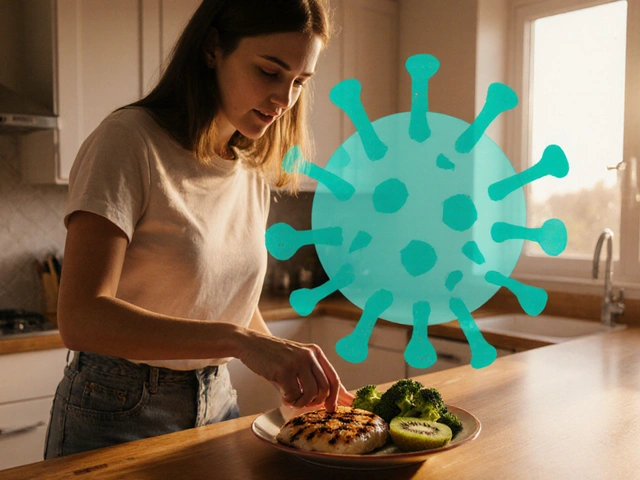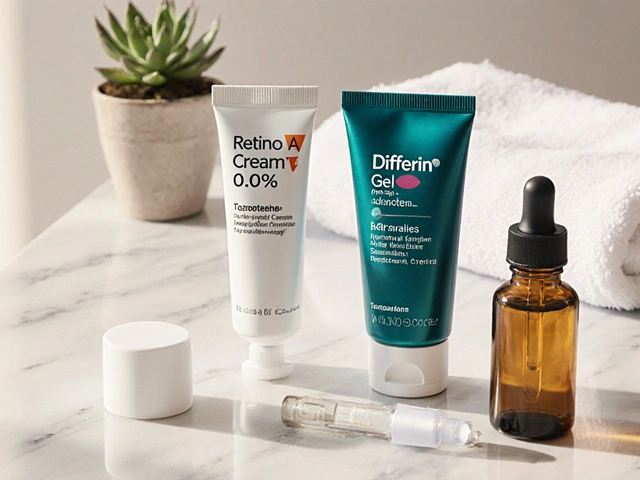IPF Diet: Simple Nutrition Tips for Better Lung Health
If you have idiopathic pulmonary fibrosis (IPF), what you eat can make a real difference in how you feel day to day. You don’t need a complicated plan—just a few smart choices that give your lungs the support they need.
First, think about foods that fight inflammation and keep your weight steady. Staying at a healthy weight eases the work your lungs have to do, and anti‑inflammatory foods can calm the irritation that comes with IPF.
Key Nutrients for IPF
Omega‑3 fatty acids are found in fatty fish like salmon, sardines, and mackerel. A few servings a week can lower inflammation and may improve breathing comfort.
Vitamin D helps the immune system and may protect lung tissue. Sunlight is the easiest source, but fortified milk, orange juice, or a daily supplement can fill the gap.
Antioxidants such as vitamins C and E protect cells from damage. Berries, citrus fruits, leafy greens, and nuts are packed with these nutrients.
Protein is essential for repairing body tissue. Aim for lean meats, beans, tofu, or Greek yogurt at each meal to keep muscle strength up.
Easy Meal Ideas
Start breakfast with a bowl of oatmeal topped with blueberries and a sprinkle of flaxseed. The fiber keeps you full, the berries add vitamin C, and flaxseed gives a boost of omega‑3.
For lunch, try a mixed‑green salad with grilled salmon, cherry tomatoes, avocado, and a drizzle of olive oil. This combo hits protein, healthy fats, and antioxidants in one bite.
Dinner can be as simple as roasted chicken, quinoa, and steamed broccoli. Quinoa supplies extra protein and magnesium, while broccoli offers vitamin C and fiber.
Snacks are easy too—handful of almonds, a piece of fruit, or carrot sticks with hummus give you steady energy without spiking blood sugar.
Hydration matters. Sip water throughout the day and limit sugary drinks. Herbal teas like ginger or peppermint can be soothing and add a bit of extra antioxidants.
Remember, no single food will cure IPF, but a consistent, balanced diet can help you feel better and keep your lungs working as well as they can. Pair these food habits with your doctor’s treatment plan, regular exercise, and breathing exercises for the best results.
If you’re unsure where to start, write down a typical day’s meals, then swap one or two items for the healthier alternatives listed above. Small changes add up, and you’ll notice the difference in a few weeks.
Keep an eye on how you feel after each meal. If a food seems to make you short of breath or causes discomfort, note it and discuss it with your healthcare team. Personalizing your IPF diet is key to staying comfortable and active.
In short, load up on omega‑3s, vitamin D, antioxidants, and protein, stay hydrated, and choose whole foods over processed snacks. Stick with it, and you’ll give your lungs the best nutritional support you can offer.






